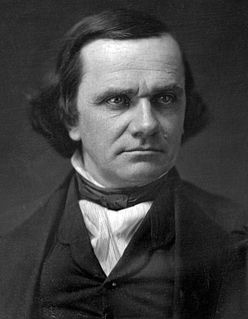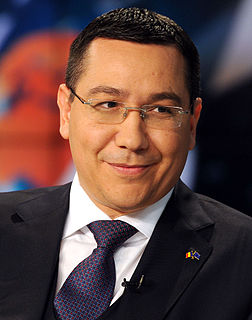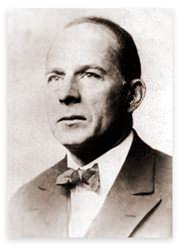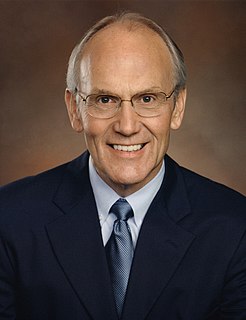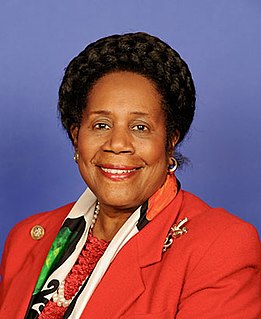A Quote by John Dryden
Government itself at length must fall To nature's state, where all have right to all.
Related Quotes
As there must be moderation in other things, so there must be moderation in self-criticism. Perpetual contemplation of our own actions produces a morbid consciousness, quite unlike that normal consciousness accompanying right actions spontaneously done; and from a state of unstable equilibrium long maintained by effort, there is apt to be a fall towards stable equilibrium, in which the primitive nature reasserts itself. Retrogression rather than progression may hence result.
It depends on the state itself to retain or abolish the principle of representation, because it depends on itself whether it will continue a member of the Union. To deny this right would be inconsistent with the principle on which all our political systems are founded, which is, that the people have in all cases, a right to determine how they will be governed. This right must be considered as an ingredient in the original composition of the general government, which, though not expressed, was mutually understood. . .
I deny the right of Congress to force a slaveholding State upon an unwilling people. I deny their right to force a free State upon an unwilling people. I deny their right to force a good thing upon a people who are unwilling to receive it. The great principle is the right of every community to judge and decide for itself, whether a thing is right or wrong, whether it would be good or evil for them to adopt it; and the right of free action, the right of free thought, the right of free judgment upon the question is dearer to every true American than any other under a free government.
Some things the legislator must find ready to his hand in a state, others he must provide. And therefore we can only say: May our state be constituted in such a manner as to be blessed with the goods of which fortune disposes (for we acknowledge her power): whereas virtue and goodness in the state are not a matter of chance but the result of knowledge and purpose. A city can be virtuous only when the citizens who have a share in the government are virtuous, and in our state all the citizens share in the government.
A constitution is not the act of a government, but of a people constituting a government; and government without a constitution is power without a right. All power exercised over a nation, must have some beginning. It must be either delegated, or assumed. There are not other sources. All delegated power is trust, and all assumed power is usurpation. Time does not alter the nature and quality of either.
The first act by virtue of which the State really constitutes itself the representative of the whole of societythe taking possession of the means of production in the name of societythis is, at the same time, its last independent act as a State. State interference in social relations becomes, in one domain after another, superfluous, and then dies out of itself; the government of persons is replaced by the administration of things, and by the conduct of processes of production. The State is not abolished. It dies out.
In the governments, as we've witnessed in the past, they had to hide. Because there's a lot of concentration on the friends-and-family club... We're not about that. That's not the government of the future of the State of New York. What's gonna pull this state out of the doldrums that it's in right now is an honest and open government.
To understand political power right, and derive it from its original, we must consider, what state all men are naturally in, and that is, a state of perfect freedom to order their actions, and dispose of their possessions and persons, as they think fit, within the bounds of the law of nature, without asking leave, or depending upon the will of any other man.
No government can provide social security. It is not in the nature of government to be able to provide anything. Government itself is not self-supporting. It lives by taxation. Therefore, since it cannot provide for itself but by taking toll of what the people produce, how can it provide social security for the people?
The first right of every human being is the right of self-defense. Without that right, all other rights are meaningless. The right of self-defense is not something the government bestows upon its citizens. It is an inalienable right, older than the Constitution itself. It existed prior to government and prior to the social contract of our Constitution.
After the fever of life--after wearinesses, sicknesses, fightings and despondings, languor and fretfulness, struggling and failing, struggling and succeeding--after all the changes and chances of this troubled and unhealthy state, at length comes death--at length the white throne of God--at length the beatific vision.
It is clear that we must trust what is difficult; everything alive trusts in it, everything in Nature grows and defends itself any way it can and is spontaneously itself, tries to be itself at all costs and against all opposition. We know little, but that we must trust in what is difficult is a certainty that will never abandon us; it is good to be solitary, for solitude is difficult; that something is difficult must be one more reason for us to do it.




